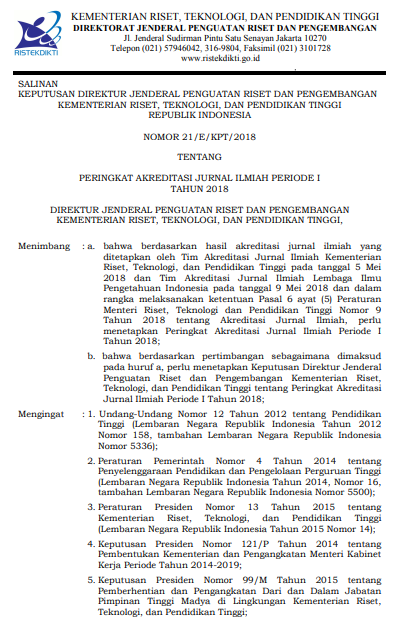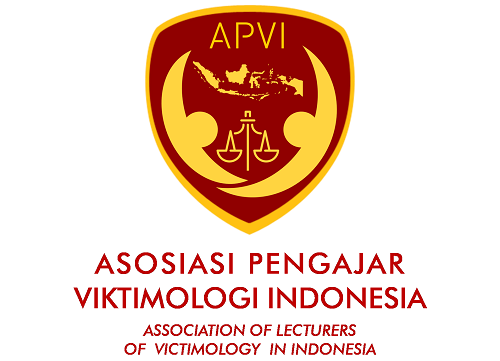KRITIK IDEOLOGIS TERHADAP DASAR KEFILSAFATAN ASAS LEGALITAS DALAM HUKUM PIDANA
Abstract
The essence of legality principle is “None is punishable for doing something unless it is forbidden by law established prior to the action”. Consequently, actor of wrongdoing will not be criminally prosecuted unless penal statutes prohibit what he or she has done. The purpose of this article is to criticize the basic philosophy of legality principle. The point of departure of the critique is ontological basis of legality principle; subsequently, it goes to axiological basis of the principle. By ideological critique, it is to open up to view and at the same time criticize the basic substance and value of legality principle. In addition, this article also reexamines the legality principle. It is found that from both ontological and axiological bases, legality principle has shortcoming in that it relies upon statute rather than the substance of the conduct that may harm another. This article recommends that another more comprehensive principle be introduced, in which ‘any crime should be punished if it contradicts criminal law’ or nullum crimen (delictum) nulla poena sine prǽvia iure poenali (No offense, no punishment without criminal law previously exists).
Key words: Ideological Critique, ontological and axiological bases, and sine prǽvia iure
Full Text:
PDFDOI: https://doi.org/10.20884/1.jdh.2012.12.2.32
Refbacks
- There are currently no refbacks.
JURNAL DINAMIKA HUKUM Indexed by :
 | Jurnal Dinamika Hukum | |
| Faculty of Law, Universitas Jenderal Soedirman | Copyright of Jurnal Dinamika Hukum | |
| Yustisia IV Building, Law Journal Center | ISSN 2407-6562 (Online) ISSN 1410-0797 (Print) | |
| Purwokerto, Central Java, Indonesia, 53122 | JDH is licensed under a Creative Commons Attribution 4.0 International License | |






